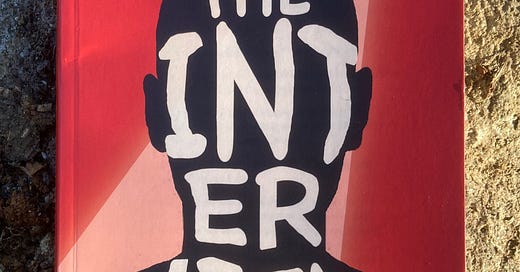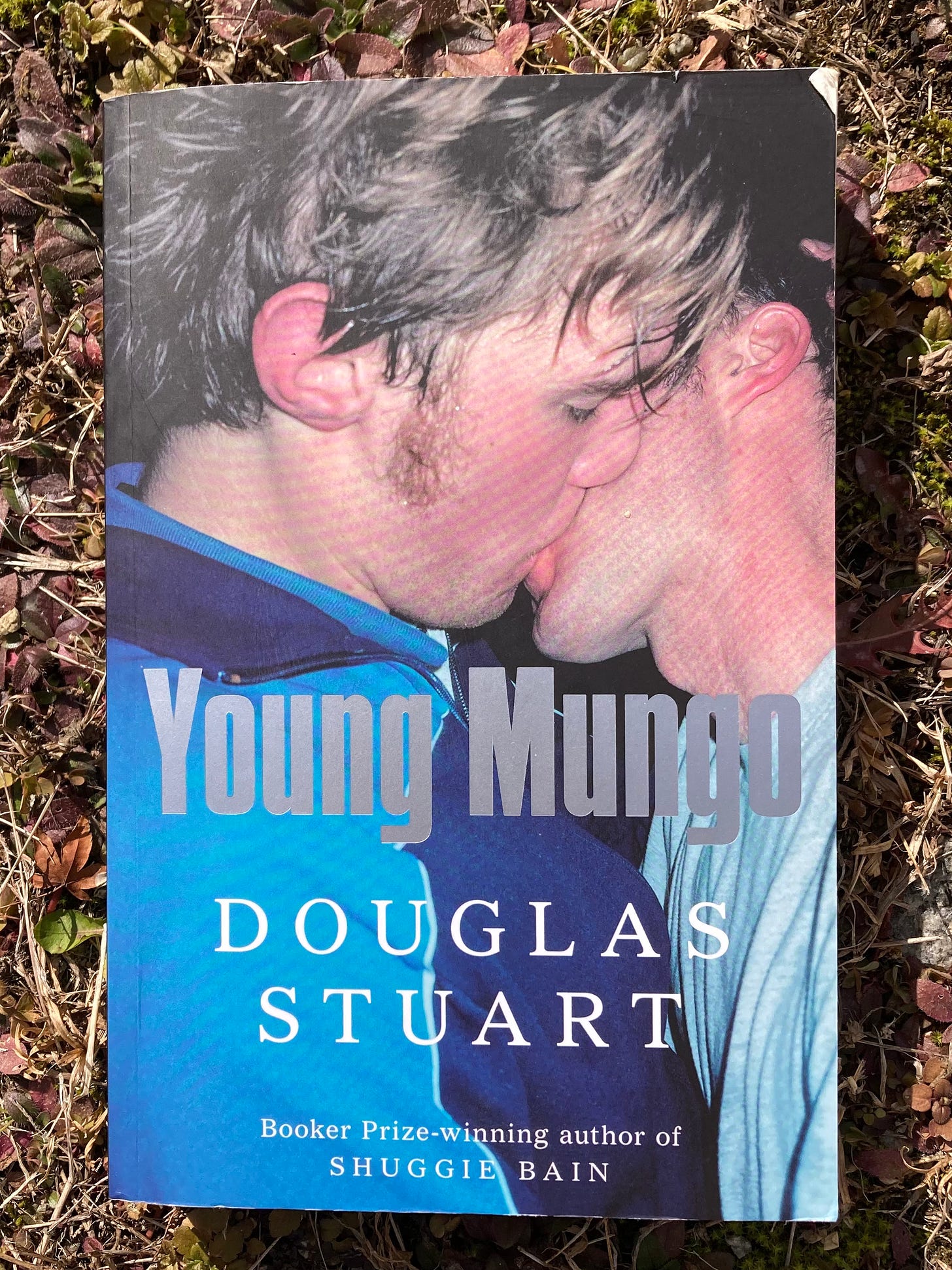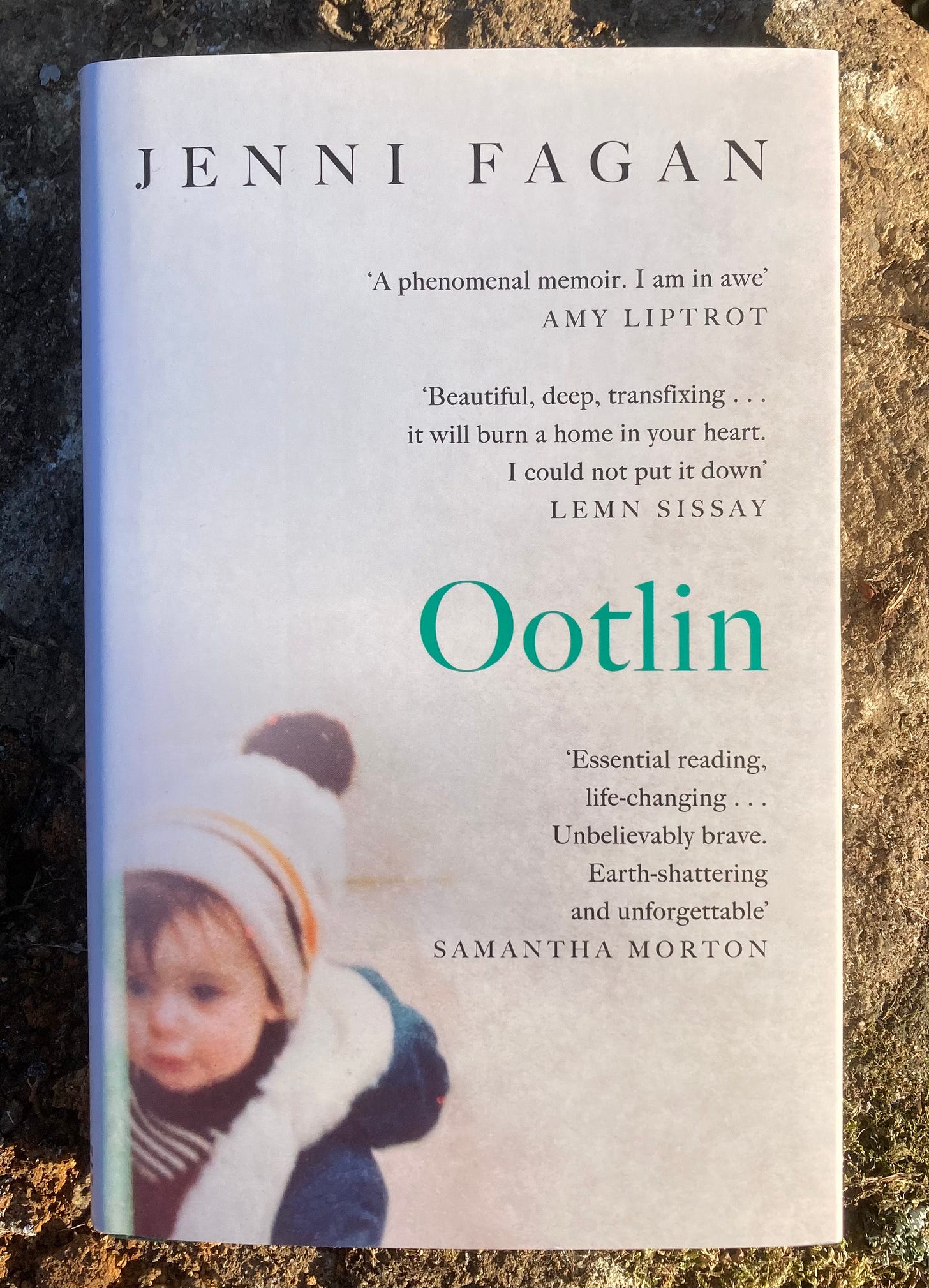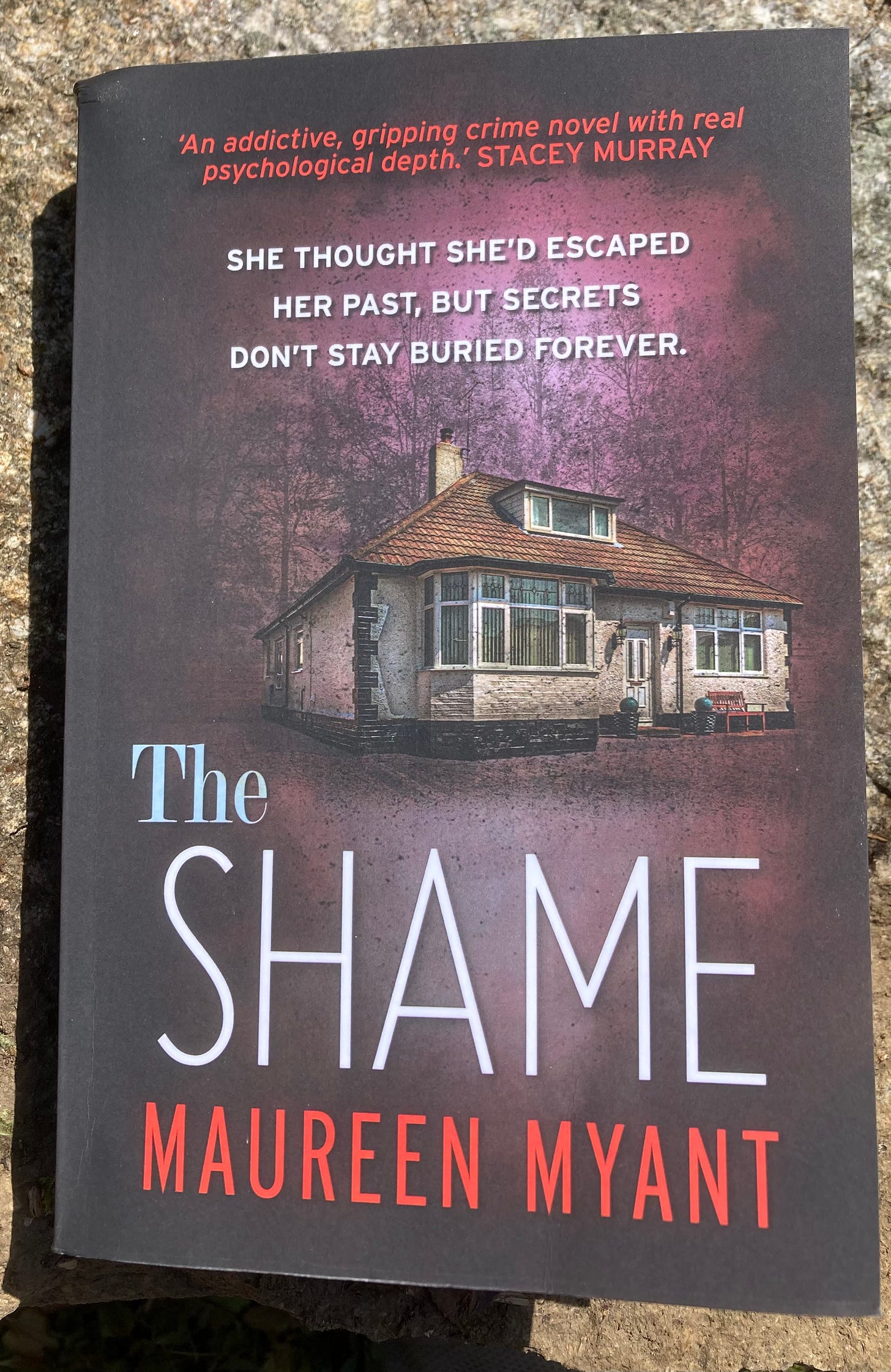February Books
After reading memoirs by Janice Galloway and Rodge Glass last month I felt some nostalgia for the old homeland and decided to catch up on all the Scottish books that have been sitting on my shelf for far too long. First up was J. David Simons’s latest, The Interview. I’m a big fan of David’s writing and have been lucky enough to work as with him as an editor. I had nothing to do with this one, which meant I could just sit back and enjoy it in paperback (while I love knowing writers and getting to read their books in advance, it is always in PDF on a screen, so I don’t get to read their books in the usual way). And enjoy it I did. Thinking I’d get a chapter or two in before bed, I found myself on the last page just after one in the morning. It’s brilliant, interesting, funny and moving. David has a very light touch that makes the plotting and structural planning seem deceptively simple but he is a master in laying breadcrumbs you don’t notice at the time, yet which become key plot points later. A couple of books ago David suggested that he wasn’t going to write any more novels; I can’t be alone in being delighted he didn’t stick to that.
I’ve said before that I have a deep antipathy to novels in which the main character is a child/adolescent, so while I loved Douglas Stuart’s Booker-winning debut, Shuggie Bain, and bought Young Mungo as soon as it came out, I kept finding other things to read first. It was pretty much how I expected: beautifully written, heartbreaking, shocking, funny, and brutal. Stuart doesn’t pull his punches in depicting the realities of growing up in poverty in Scotland, but never makes it sentimental or judgmental, and never descends into caricature (something a few Scottish writers of this kind of subject matter can be guilty of). Stuart is a wonderful writer but still, I can’t imagine myself ever revisiting this book. After two novels about young gay Scottish boys growing up in poverty with an alcoholic mother, I’m looking forward to seeing him stretch out into pastures new.
The childhood memoirs have been stacking up, and I knew this one was going to be hard work; not for the writing—Jenni Fagan is one of my favourite prose writers; her sentences are from another world—but for the subject matter. Some of it had already been fictionalised in her debut novel, Panopticon, about a girl growing up in the care system in Scotland, and this interview with Fagan and Samantha Morton in the Guardian makes it pretty clear what is involved, but the details, the horror, the unflinching honesty of it… Fagan’s prose is on fire here, pushed into new territories by her anger at what she lived through, and it is sometimes hard to see how she survived any of it. This book is going to win awards. There must be an adaptation. As with Stuart’s novel, the realities of poverty, mental illness, systemic abuse, an uncaring government ,and a riven society are horrific, and the ones who bear the brunt are the most innocent.
The Shame is the third book in Maureen Myant’s Glasgow Southside crime series. The fact that the series is named after a geographical area and not a specific cop, journalist, or criminal gives a bit of a clue of the unusual (in a good way) nature of Myant’s books. While there are dead bodies, secrets, mysteries, cops, pathologists and all the usual trappings of crime fiction, it’s never a straightforward murder investigation, and the tangential lives of the characters are as, if not more, important than the crime plot. This is book three, so I’m not recommending this to anyone as a starting point (start at book one, obvs) but if, like me, you get a bit tired of the usual police procedurals (chapter one, dead women; chapter two, grizzled cop with a hangover; chapter three, argument with a pathologist; chapter four, back to the station for banter and threats…) but you still like a good page-turning mystery, Maureen’s books are definitely for you.







